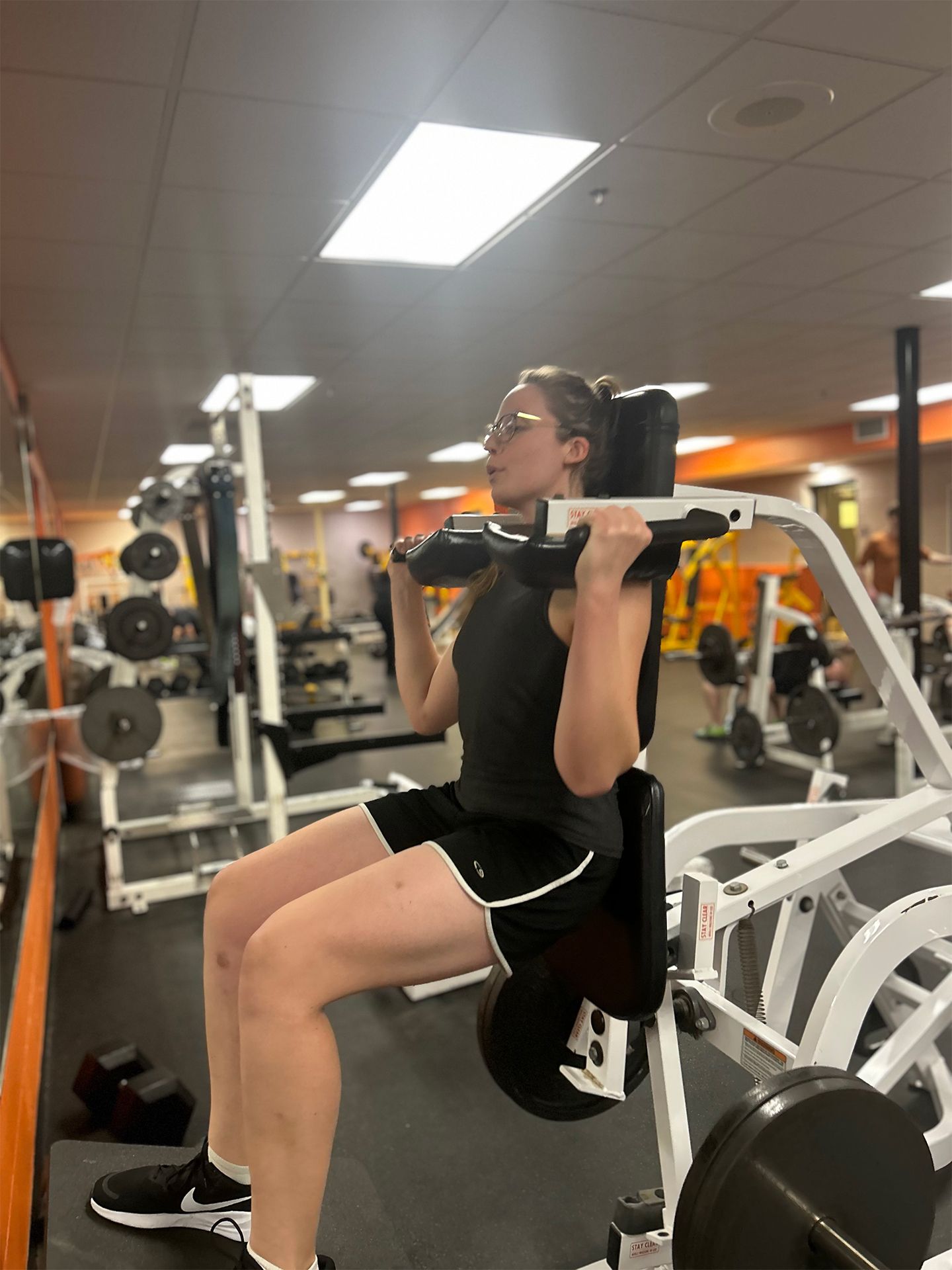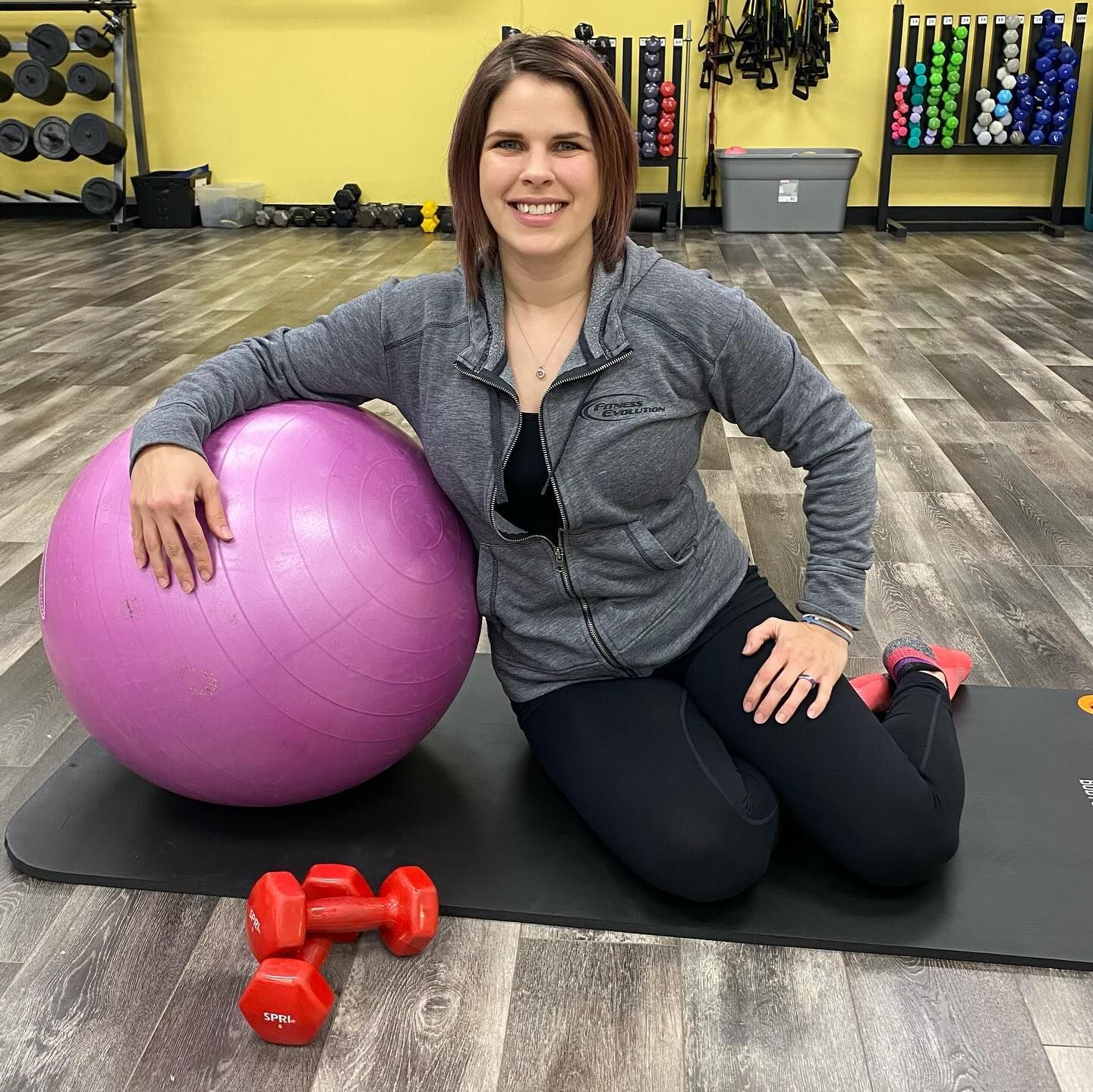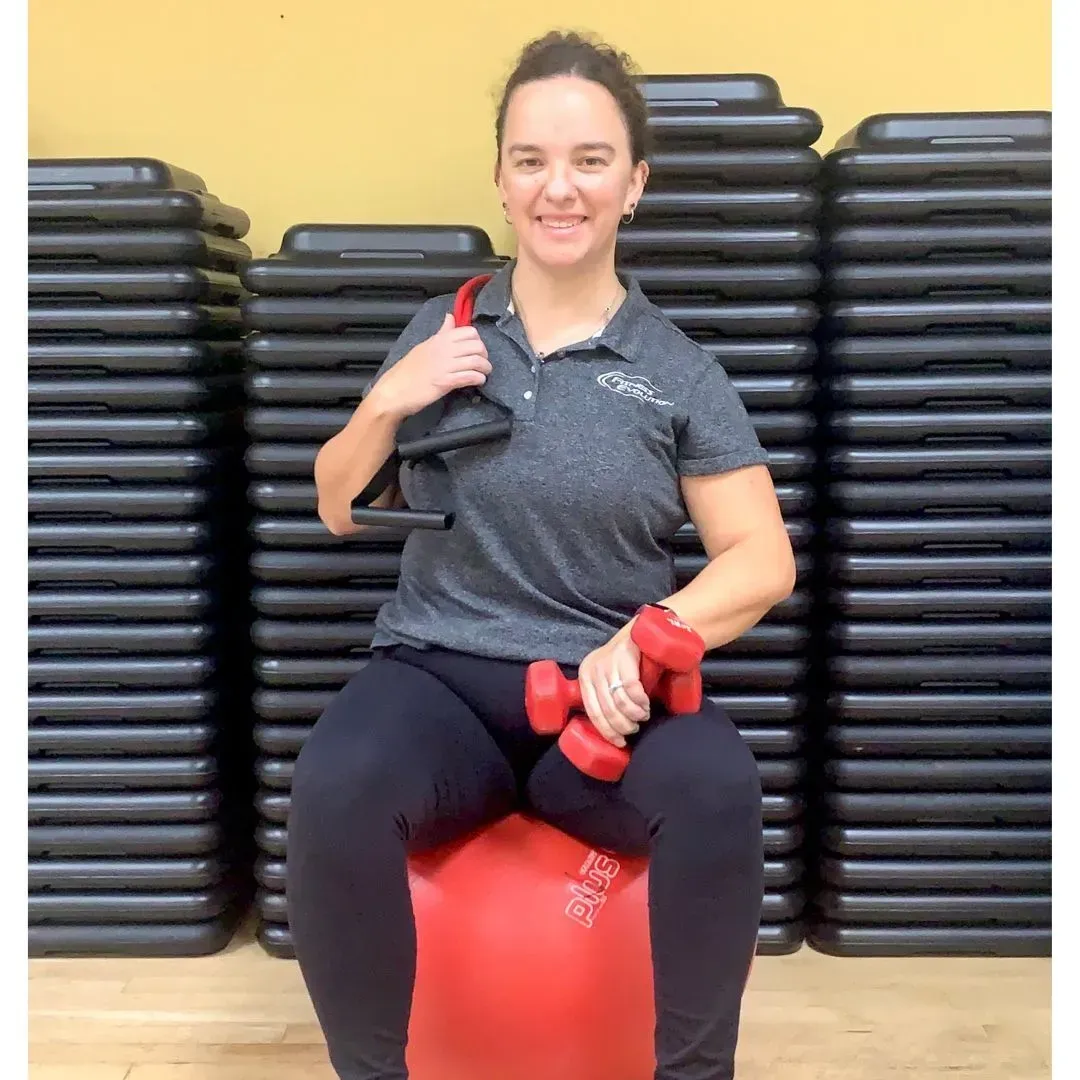Dairy and Nutrition!
January 11, 2021
Disseminating Dairy
Hi FitEvo Crew! We’re so happy you’re here for our new initiative — BLOG posts! This week, we’re going to be breaking down dairy to go along with our Nutritionist Raelynn’s video. So, lets start with the basics: In an 8oz serving of whole milk, you can find:
150 calories:
8g fat
5g saturated fat
0g trans. fat
12g carbohydrate
11g sugar
0g added sugar
8g protein
Micronutrients:
25% of your daily Vitamin D needs
30% of your calcium needs
Did you know that the 11g of sugar in whole milk is naturally occurring sugar? You’ve probably heard of it, we call it lactose. Lactose is the sugar that the individuals who respond to milk, typically react to. There are other products on the market like Fairlife brand milk that ultra-pasteurizes their milk. This means, they heat their milk to a minimum 280 degrees for a at least 2 seconds and the lactase enzyme is added. This enzyme breaks down the lactose making it digestible for those intolerant to it! In addition to doing this, the carbohydrate content of the milk decreases and the density of the protein in the milk goes UP! In Fairlife brand milk the carbohydrate content decreases to 6g and the protein sky rockets to 13g, making this an excellent post-workout supplement.
We know how much our members value research, so here is what the research tells us:
- Chocolate milk has been shown to improve recovery and reduce muscle damage in athletes due to its micronutrient capacity: Calcium, B2 (riboflavin), B12 (Cobalamin) and phosphorus. B vitamins help athletes recover quicker and tolerate their training load better.
- Fortified plant based milks appear to have similar micronutrient profiles, however, their nutritional impact has not yet been studied thoroughly enough to make a decision.
- One 8oz serving of milk has:
- 25% of your daily calcium needs
- 16% of your daily protein needs
- 15% of your daily vitamin D needs
- 20% of your daily recommended phosphorus needs
- 35% of your daily riboflavin needs
- 50% of your daily vitamin B 12 needs
- 10% of your daily Niacin needs
- Epidemiological studies have found a positive or neutral relationship between eating dairy foods and reduced risk of obesity
- 10g of milk protein/day is associated with improved body composition in older adults!
- Nakayama K. Et al., 2020 European Journal of Nutrition
- In a longitudinal study for 4+ years, researchers found that children 2-6 years old with obesity were LESS likely to have consumed whole milk and more likely to have consumed skim or 1% milk. (White, et al., 2020) https://doi.org/10.1111/ijpo.12612)
- A second study released this year, conducted by the American Journal of Clinical Nutrition found that research suggested higher fat cow's milk consumption is associated with lower childhood adiposity (Meaning, children who drank whole milk had less body fat%). (Vanderhout et al., 2020) https://doi.org/10.1093/ajcn/nqz276
- A systematic review conducted by St. Michael's Hospital of Unity Health Toronto found children who drank whole milk had 40% lower odds of being overweight or obese compared with children who consumed reduced-fat milk. This review analyzed over 21,000 children.
As far as the regulations go, our dairy farmers have incredibly tight standards to follow when milking their cows.
Antibiotics are used on conventionally farmed cattle, however, legal standards set by the FDA require that milk contains no detectable antibiotics when tested. This means, when a farmer treats a cow with antibiotics, that cow is marked and milked into a separate container. That milk is then dumped down the drain and considered waste. Each tank of milk and each truck of milk is tested to ensure that there is no presence of antibiotic residues. If a tank were to test positive, its dumped and never makes it onto the milk truck or made available for human consumption.
Our in-house dietitian, Kennedy has spent the last 5 years on a dairy farm and has worked for various regulatory organizations. Agriculture is one of Kennedy’s passions and she’d love to answer any questions you have!
If you’ve got any questions about dairy or nutrition in general, ask our dietitian Kennedy or nutritionist Raelynn! See you next time.










